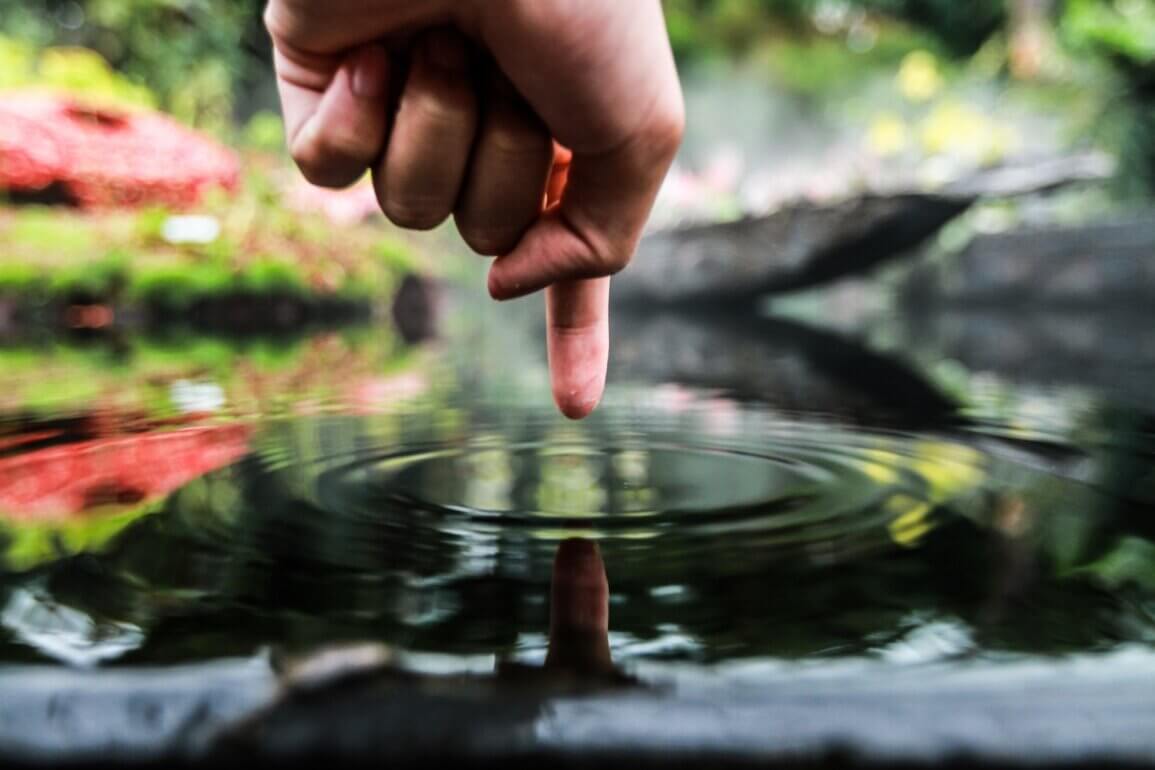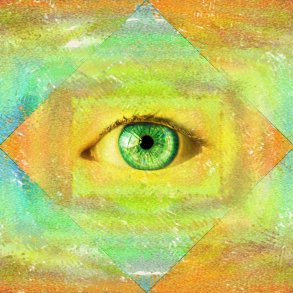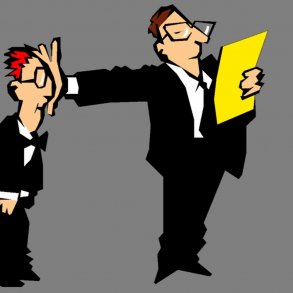By Andreea G. Petruse and Carlo Monsanto for Enlivening Edge Magazine
Carlo Monsanto will be the storyteller, about IOLEE, for Enlivening Edge’s Community Conversation on April 7. Subscribe to receive access information.
In the current evolution of living organizations, we have a unique opportunity to mature our connection to ourselves, our purpose, and one another. We can begin to remember that our work can be an extension of what we love in life, what we wish to wholeheartedly offer life, and we can wake up in the morning bringing our soul to work. To achieve this, we must sincerely ask ourselves and each other: What motivates you?
For next-stage organizations, the whole of our humanity is of the essence; it defines the success and sustainability of the work at hand. The I and the We are equally important, and without the thread of sincere, connected communication between them, power struggles and triggered reactions can undermine the quality and joy of working together.
If we do not grasp what motivates us, or what too often manipulates us into reaction, we are doomed to reenact old scenarios, proving that we are “right” over and over again, and settling into our blind spots. When reactivity is triggered, it often seeks to be heard without hearing, and takes action without understanding.
But the reality is that we are not isolated; we live within interconnected systems and therefore have an innate responsibility towards all life everywhere. Whether we are a parent or a leader of a community, organization, or country, the decisions we make bring others into our fold, and have the potential to either recreate unfortunate, dangerous outcomes, or improve and evolve life.
Why patterns?
Every human being’s life has been affected by patterns in organizational, social, and political systems, which develop over time from largely unconscious reactive patterns born from unresolved individual and collective trauma and conflict. These patterns insidiously influence the formation of all social structures, from our family dynamic to our cultural background.
When driven by habitual fears, we tend to make decisions that perpetuate rigidity and resistance, along with self-fulfilling prophecies that keep us stuck in familiar stories and pre-established mental models. Even when we are busy believing we are creating new opportunities or new systems, upon closer look we might notice that even though the shape might be different, the essence remains the same.
How do we see clearly and act responsibly?
It is becoming increasingly easy to see how widely impactful our unconscious reactions are. Our relationships, industries, and our social and ecological well-being are all at stake. The issues that cause these reactions need to be seen and felt fully in order to become available for transformation.
But first, each I must have tools that recognize and resolve these patterns, and foster an internal culture of compassionate listening. Those can lead to meeting Us, whether it be person, community, or organization, with the same attentiveness, awareness, and skill. Tools are needed that realize what Otto Scharmer famously referred to as a way of presencing the emerging future, integrating past adverse experiences, and growing a felt foundational awareness of our interdependent reality.
What is evolving?
The global cultural narrative has finally turned its attention towards the mind-body relationship—in which reactive patterns are held—and outstanding pioneer work has ensued. There are several emerging solutions to intervene and support a healthier We.
Among them, IOLEE’s Inside Out Learning Experience Ecosystem is offering a unique self-reflexive approach to shifting rigid patterns. The process teaches an individual or group the capacity to unlearn reactive learning and to access more profound levels of listening. The resulting state of being sustains an open, flexible, yet focused state of mind which is in touch with its authenticity, creativity, and adaptability, and is relationally invested.
“We first thought of presence as being fully conscious and aware in the present moment. Then we began to appreciate presence as deep listening, being open beyond one’s preconceptions and historical ways of making sense. We came to see the importance of letting go of old identities and the need to control…[then] making choices to serve the evolution of life… When this happens, the field shifts, and the forces shaping a situation can move from re-creating the past to manifesting or realizing an emerging future.” (Senge et al., 2004)
What is IOLEE?
IOLEE is originally derived from ancient Ayurvedic science and further adapted and developed for the past 20+ years through modern and emerging multidisciplinary fields. It has been observed “in the field” by more than five hundred international learners, cross-referenced with the first-person research of several independent scholars. This number is now steadily growing as more people are discovering its value.
In a recent three-month-long qualitative study with the Institute of Noetic Sciences (Monsanto & Petruse, 2021), 90% of participants interviewed reported having a meaningful and profoundly insightful experience, with the other 10% unable to report/complete the study. The well-being score increased while the pain score decreased.
One participant was able to track her unconscious communication style to her family of origin, saw its disruption in both family and work relationships, and interrupted its cycle. All participants stated they were better equipped at tracking, preventing, and integrating their reactive tendencies, seeing improvement in their relationships as a result (Monsanto & Petruse, 2021).
IOLEE applies an action-learning approach, intrinsically attuning the individual or group towards resolving these past patterns, thus aiding in a greater sense of awareness, connection, and well-being. Learners foster resiliency, meet chaos, change, and the unknown, with greater capacity and openness, and discover the greater relationship between self and other(s). This can lead to improved quality of life, purpose, and a connected sense of I and We in the world.
Why invest the time?
Change is the most natural and consistent experience, yet as a species, our brains and organisms are wired to seek order and stability, and constantly work towards creating those. It is therefore easy to comprehend that the uneasy and tumultuous reactions to change we find in organizational settings, we also find within ourselves.
Difficult experiences from the past and associated beliefs, mainly as they occur in our developmental years, can create stagnant patterns in the way we view ourselves and others. These register bio-behaviorally, informing our nervous systems, fascia, and neural network, affecting our inner emotional landscape, and shaping how we react to the world outside. What registers as “change” in the day-to-day work space can be anything: being presented with a new task, feeling unexpectedly challenged in a conversation topic, or entering a new collaborative environment, etc.
Today we are dealing with ever more complex and increasing cycles of change, to which we must learn to adapt. However, the stability we seek actually involves change. Human and organizational organisms are made up of a flux of intake and output, and thrive within a fluid state of dynamic homeostasis. IOLEE teaches this principle through direct experience and supports the learner to meet their discomforts and fear with curiosity and equanimity.
Successfully leading or growing through change helps us see that change is less of a danger or threat and more of an opportunity—that when we surrender to the chaos inherent in change, we also find a deeper order and meaning arising. Here, the old reactive patterns lose ground, and personal and collective growth become the new guiding principles.
References
Monsanto C, Petruse A (2021). IOLEE Ecosystem Back To Flow, Into The Wave: A Baseline Study To Validate IOLEE’s Intrinsic Learning Framework And Practices https://www.researchgate.net/project/Back-to-Flow-Into-the-Wave
Senge, P., Scharmer, C.O., Jaworksi, J., & Flowers, S. (2004). Presence: Human Purpose and the Field of the Future. New York: Doubleday
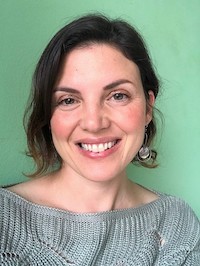 Andreea G. Petruse is currently contributing to IOLEE as an ambassador of its methodology and a guide in its development as a curriculum. She has a Master’s in Organizational Systems (2014), a Bachelor’s in Cultural Anthropology (2003), and independent studies in trauma resolution. Andreea has spent her life peering deeply into the nature of crisis and suffering. She utilizes a multidisciplinary approach to explore solutions in her upcoming book, Song of the Child. You can contact her at [email protected], and www.iolee.life ; www.songofthechild.com
Andreea G. Petruse is currently contributing to IOLEE as an ambassador of its methodology and a guide in its development as a curriculum. She has a Master’s in Organizational Systems (2014), a Bachelor’s in Cultural Anthropology (2003), and independent studies in trauma resolution. Andreea has spent her life peering deeply into the nature of crisis and suffering. She utilizes a multidisciplinary approach to explore solutions in her upcoming book, Song of the Child. You can contact her at [email protected], and www.iolee.life ; www.songofthechild.com
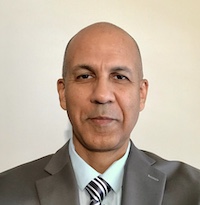 As a result of a deeply harmonizing process, Carlo Monsanto uncovered unique features in the fabric of our human experience, from which he systematized IOLEE. He was born in Amsterdam (Netherlands), and is an original thinker, director of IOLEE Ecosystem (USA), and research scholar at the Ronin Institute (USA). You can contact Carlo at [email protected], and www.iolee.life
As a result of a deeply harmonizing process, Carlo Monsanto uncovered unique features in the fabric of our human experience, from which he systematized IOLEE. He was born in Amsterdam (Netherlands), and is an original thinker, director of IOLEE Ecosystem (USA), and research scholar at the Ronin Institute (USA). You can contact Carlo at [email protected], and www.iolee.life
Featured Image from Fredrick Suwandi, www.unsplash.com
